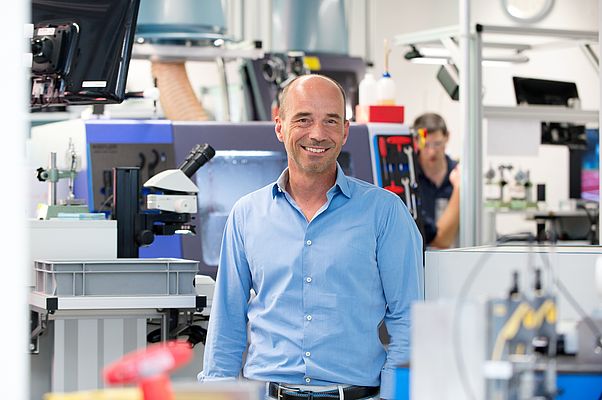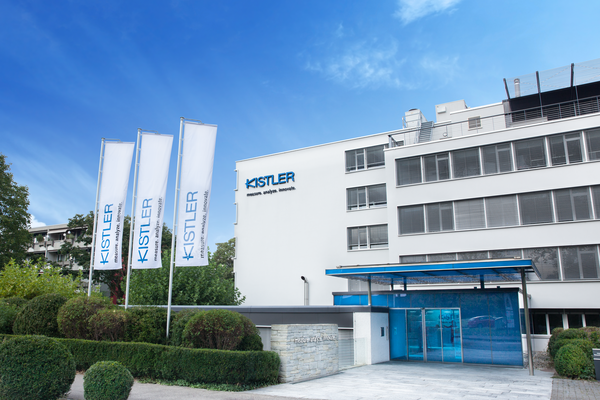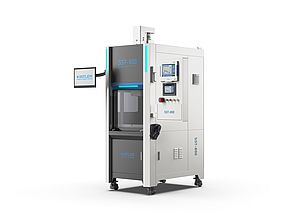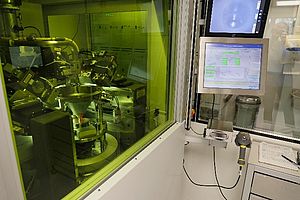The contracting automotive market and the global downturn triggered by the coronavirus pandemic have also impacted the Kistler Group, which earns over 70 percent of its income from automobile manufacturers and suppliers to the automotive industry who have been hit particularly hard. In 2020, sales declined by 22 percent to reach CHF 361 million (2019: CHF 466 million); after adjustments for currency-related effects, this represents a decrease of 18 percent. Nevertheless, the company is looking to the future with cautious optimism. Thanks to the strategic realignment that was launched in 2019 and has now been completed, Kistler sees itself as well positioned to tap new customer segments, step up its penetration of markets beyond the automotive sector and thus return to a growth trajectory.
“We have weathered 2020, the year that was dominated by the coronavirus pandemic; our extensive cost-cutting measures are starting to bite, and we can already plan with more certainty again,” Rolf Sonderegger, CEO of the Kistler Group, comments. “2021 will be a year of consolidation for us as the new structures become more firmly established and begin to take effect. We anticipate modest growth in the mid single-digit range.”
China is one of the Kistler Group's strongest sales markets
The Kistler Group's overall result for 2020 shows that China is developing into one of the company's largest markets. By contrast, the German market turned in a disappointing result. Apart from the currency effect due to the strong Swiss franc, this was caused by several overlapping factors: the coronavirus pandemic hit the automotive industry as it was midway through a wide-ranging transformation phase. This aggravated the situation that had already arisen due to dwindling demand. Additional factors include pressure on combustion engines resulting from CO2 emission targets, as well as existing or planned prohibitions on combustion vehicles in many regions of the world. China is the only region showing clear signs of recovery since early summer, in the wake of the severe downturn at the beginning of 2020: by no means least, the upswing has been encouraged by the Beijing government's measures to increase sales.
Cost-saving measures and agile development of markets
To overcome the challenges presented by this contraction, Kistler was obliged to make job cuts for the first time in its corporate history. The company implemented further savings by consolidating its sites in Germany and introducing the instrument of short-time working for some sections of the workforce in Switzerland and Germany; this is still in force at present. “However, the strategic realignment that Kistler has consistently driven ahead since 2019 is just as important as these savings measures,” Rolf Sonderegger emphasizes. “Thanks to simpler organizational structures, we can now cater with greater agility to markets both inside and outside the automotive industry, and we can respond to the requirements of customers in diverse segments – from technicians to managers.” To drive new developments ahead, Kistler is investing around 9 percent of its sales revenue in digitalization and innovation. Over 300 developers are already working in these areas today.
“In overall terms, we are guardedly optimistic despite the difficulties of 2020,” Sonderegger notes. “We will undoubtedly need staying power. But we are confident that we can anticipate a return to double-digit growth in the medium term – and we expect that to come from China in particular.”































